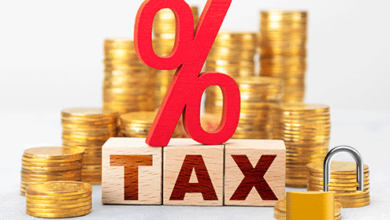
Laissez-faire is an economic philosophy that advocates for minimal government intervention in economic matters. The term, which is French for “let do,” suggests that businesses and individuals should be allowed to operate freely, without government regulation or interference.
The core principles of laissez-faire economics include:
1. Free market: The market should be allowed to self-regulate, without government intervention.
2. Individual freedom: Individuals should be free to pursue their own economic interests.
3. Limited government: The government’s role should be limited to protecting property rights and enforcing contracts.
4. No subsidies or tariffs: The government should not provide subsidies or impose tariffs to protect domestic industries.
Laissez-faire economics was popularized by Adam Smith’s book “The Wealth of Nations” in 1776 and was influential in the development of capitalism. However, it has also been criticized for leading to income inequality, exploitation, and environmental degradation.
Some examples of laissez-faire economics include:
– Deregulation of industries
– Low taxes
– Free trade agreements
– Limited social welfare programs
It’s worth noting that most economies today are mixed economies, which combine elements of laissez-faire and government intervention to achieve a balance between individual freedom and social welfare.










